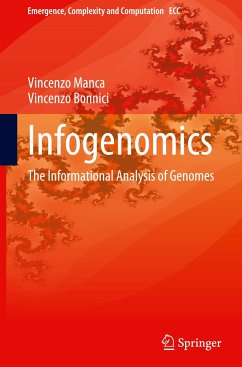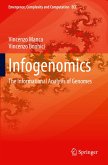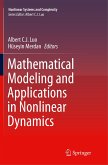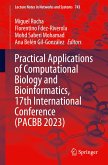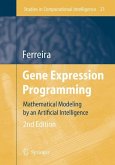The book presents a conceptual and methodological basis for the mathematical and computational analysis of genomes.
Genomes are containers of biological information, which direct the cell functions and the evolution of organisms. Combinatorial, probabilistic, and informational aspects are fundamental ingredients of any mathematical investigation of genomes aimed at providing mathematical principles for extracting the information that they contain.
The topics presented in the book include research themes developed by authors in the last 15 years, and in many aspects, the book continues a preceding volume (Vincenzo Manca, Infobiotics: Information in biotic systems, Springer, 2013). The main inspiring idea of the book is an informational perspective to Genomics. Information is the most recent, among the fundamental mathematical and physical concepts developed in the last two centuries. It has revolutionized the whole science and continues, in this direction, to dominate the trends of the contemporary science. In fact, any discipline collects data from observations, by providing theories able to explain, predict, and dominate natural phenomena. But data are containers of information, whence information is essential in any scientific elaboration.
Many open problems in deciphering genomes will be addressed, by showing an informational approach to the discovery of "genome languages", according to which genomic texts are written. Life strategies, at many levels of organization, are encoded in these texts, and randomness has a crucial role in the birth and in the development of biological information, where the interplay of casualty and computation is probably the most secret key of life intelligence.
Genomes are containers of biological information, which direct the cell functions and the evolution of organisms. Combinatorial, probabilistic, and informational aspects are fundamental ingredients of any mathematical investigation of genomes aimed at providing mathematical principles for extracting the information that they contain.
The topics presented in the book include research themes developed by authors in the last 15 years, and in many aspects, the book continues a preceding volume (Vincenzo Manca, Infobiotics: Information in biotic systems, Springer, 2013). The main inspiring idea of the book is an informational perspective to Genomics. Information is the most recent, among the fundamental mathematical and physical concepts developed in the last two centuries. It has revolutionized the whole science and continues, in this direction, to dominate the trends of the contemporary science. In fact, any discipline collects data from observations, by providing theories able to explain, predict, and dominate natural phenomena. But data are containers of information, whence information is essential in any scientific elaboration.
Many open problems in deciphering genomes will be addressed, by showing an informational approach to the discovery of "genome languages", according to which genomic texts are written. Life strategies, at many levels of organization, are encoded in these texts, and randomness has a crucial role in the birth and in the development of biological information, where the interplay of casualty and computation is probably the most secret key of life intelligence.

